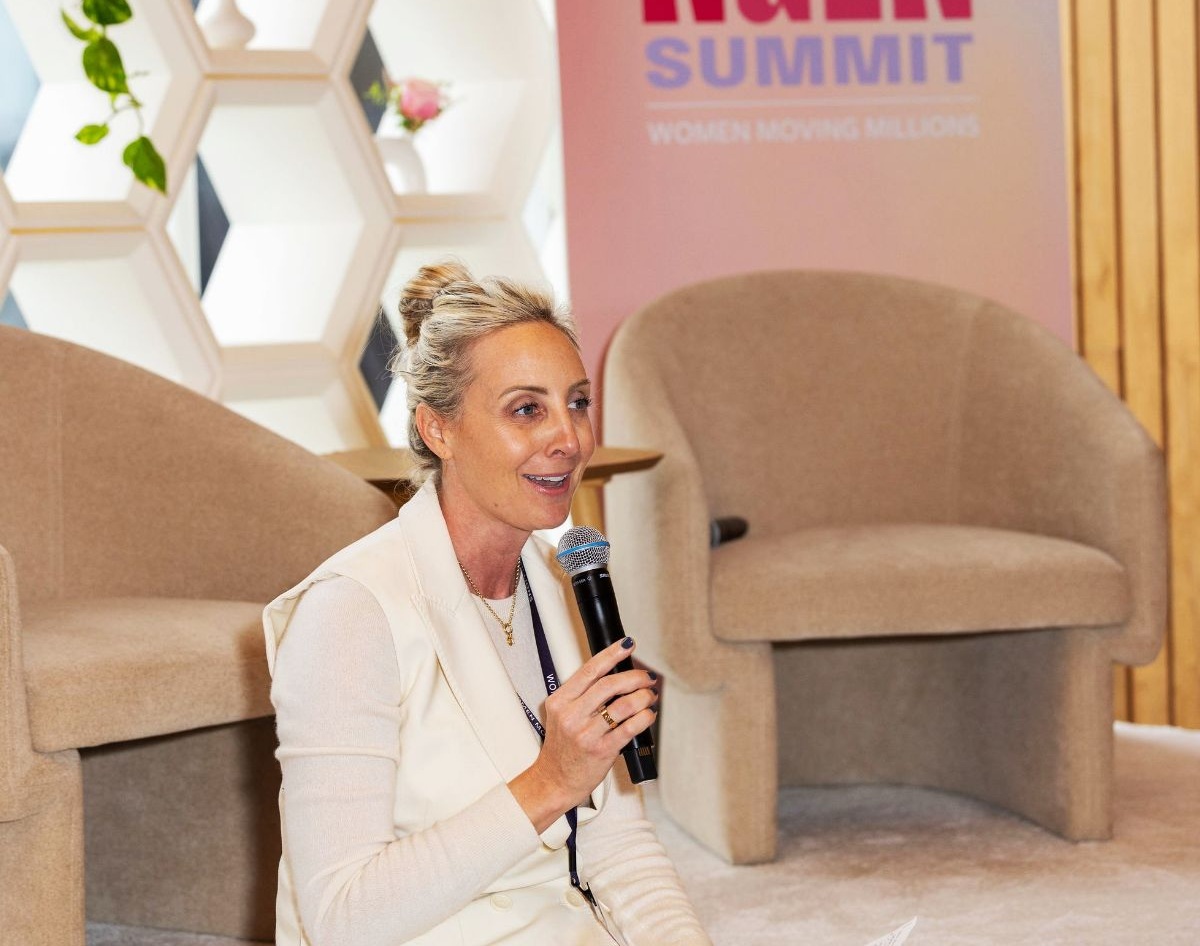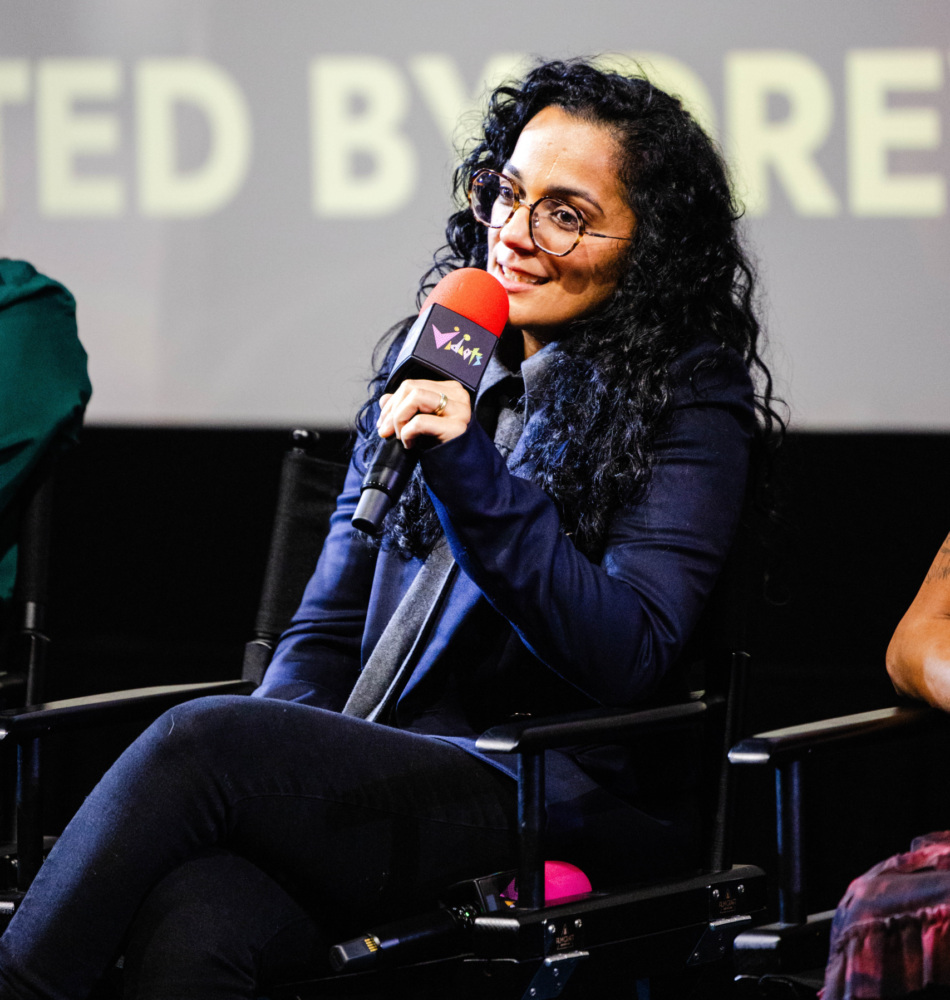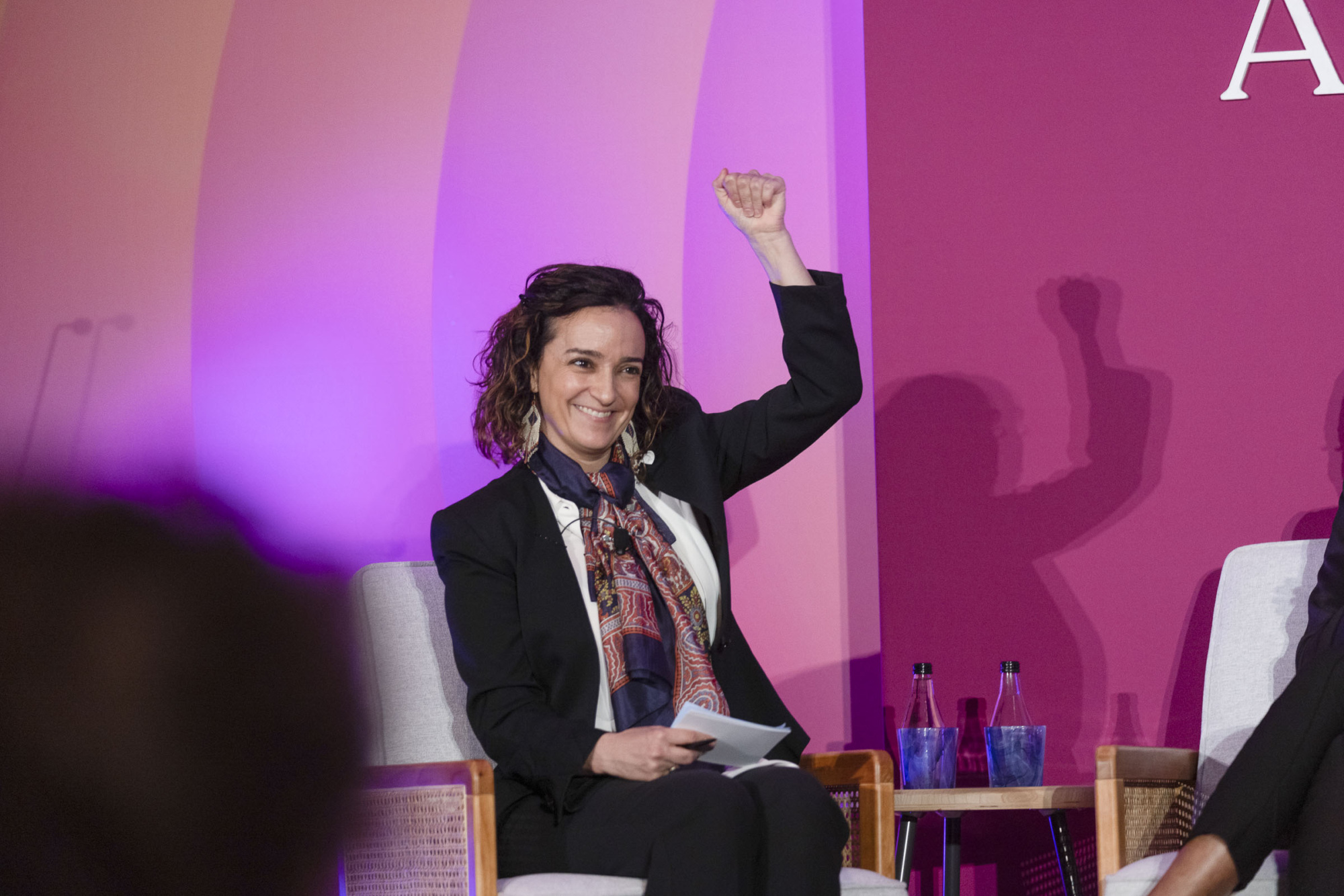What is the most impactful investment you have made thus far through your gender lens philanthropic giving? Why did this gift resonate with you in particular?
For me, there is not one, single investment that is the “most impactful” as there are so many ways to measure impact. However, I will share that my grant to the Northern Birthwork Collective was fulfilling as well as being an example of trust-based philanthropy. There is a lot of talk about what this approach means and looks like in practice. I believe that central to trust-based philanthropy is recognizing expertise on the ground, not engaging in anything that resembles a ‘make-work’ project, but instead asking grantees to come up with impact measures that are meaningful to them. The Northern Birthwork Collective is a team of reproductive justice advocates (including birthworkers, parents, and community members) who provide support and services for all stages of the reproductive journey, including conception, pregnancy, birth, postpartum, miscarriage, loss, abortion, and parenting to women, girls, and gender diverse people in Canada’s North. At the end of the funding cycle, instead of a traditional written report, the co-leads of the organization produced an annotated photo-based summary of the year which also served as a journal documenting their funding cycle, a marketing tool, and a year-end impact report for other donors. One of the principles of feminist funding that the Equality Fund shared in 2020 under “Strengthening Grantmaking” is to help organizations measure impact in ways that truly make sense for them and direct the results to rally further financial and volunteer support. I have heeded the call and actioned those funding principles.
What does it mean to you to be part of a community that shares your values and vision for a gender equal world? How do you apply the idea of community to your broader work?
I am honoured to work with my fellow directors on the board and our dynamic leadership team. Together, we are increasing our impact, expanding our membership, deepening our programming, and harnessing the power of community to work towards a more gender equal world.
My WMM community has been largely informed by my experience via the PLP. The Philanthropic Leadership Program (PLP) is WMM’s flagship program. This signature cohort member experience is a multi-day immersive learning journey designed to help members amplify their philanthropic leadership by identifying key strengths and opportunities for action. Each cohort delves into their personal values, viewpoints, and lived experiences through a range of small group and one-on-one exercises including participating in a day-long workshop on shifting these personal learnings into public narratives. The PLP is an energizing and deeply moving experience that builds community and friendship connecting participants to each other via their respective cohorts. My cohort began as a set of 12 relative strangers and ended as a close-knit community of friends. We shared stories and experiences, engaged in reflection, critical thought, and empathetic listening. We were led by gifted facilitators and inspired by world-class speakers. I can confidently say that I am better for the experience and have applied my new learnings. The work on public narrative was particularly transformative and has deepened my understanding of the biographical connections and stories that inform my philanthropy and advocacy.
My PLP group meets monthly, continuing the work and connections formed through our experience and while we all have different grant-making vehicles, processes, and areas of interest, we learn from each other and are united in our common goal of engaging in thoughtful philanthropy for a gender equal world.
What opportunities do you see for impact in the wider philanthropic landscape and what advice would you give to others considering a bold investment in women and girls?
I am committed to the idea that we have yet to unleash the full power of philanthropy for social good because we still have so much to learn about generosity. Duke Chang – the President and CEO of CanadaHelps – contends that by practicing generosity, we can live longer, happier lives. Generosity is one of our deepest human values. Duke says:
- “Generosity is a loop: those who are generous experience increased well-being and happiness, and those with increased well-being are more generous.”
- “Generosity triggers our brain’s rewards centres, even when being generous comes at a personal cost.”
- “Volunteering is associated with a longer life.”
- “Generosity in the workplace is associated with reduced job burnout, among other benefits.”
- “Generosity makes individuals more attractive to romantic partners, is critical for increasing relationship trust, and generosity in relationships reduces the chances of divorce.”
So, by practicing generosity, we can not only live out this important social value, we can be more fulfilled, happier, and joyful, in turn deepening and strengthening the global philanthropic landscape.
The advice I would give to those considering a bold investment in women and girls is to check yourself. As a sociologist and gender scholar, I would be remiss not to take this opportunity to say that beyond philanthropy, if you want to support movements for gender equity – then get serious about your own feminism.
What do I mean by that? I mean work for gender parity in your workplace, in your organizations, adopt the 50-30 leadership challenge (50% women and gender diverse people and 30% BIPOC and equity-deserving people in positions of leadership). Get real about the gendered division of labour in your home and the homes of your extended family – who is doing the work of family connecting, housework, childcare, etc.? Be a feminist role model to all those around you and especially to young people. Make conscious choices about media, gendered toys, exposing children to prescriptive gender ideals, retailers and politicians you support. Call out sexist jokes. Be an active upstander if you witness gendered harassment or violence. I could go on, but be a part of normalizing feminism and living out as best as you can what a gender-equal world can look like. So be an active feminist AND give, give, give!


